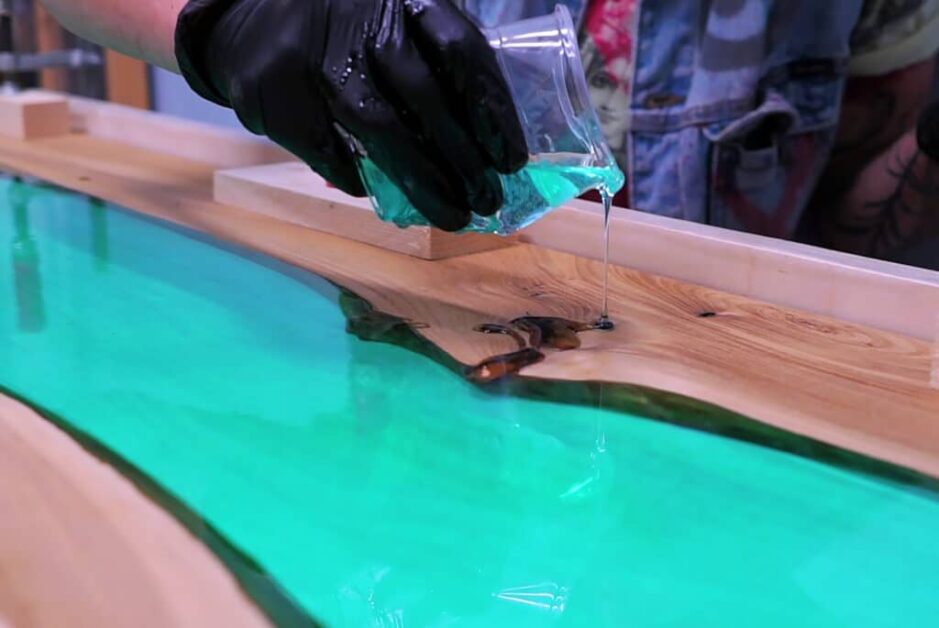Epoxy resin, a versatile and durable material, is widely used in various industries for its adhesive and protective properties. However, its non-biodegradable nature poses challenges when it comes to disposal. Unlike many other recyclable materials, epoxy resin does not easily break down in conventional recycling processes. In this article, we’ll explore the complexities of recycling epoxy resin and discuss emerging sustainable solutions.
The Nature of Epoxy Resin
Epoxy resin is a thermosetting polymer that undergoes a chemical transformation during the curing process, resulting in a rigid and highly stable material. While this property makes epoxy resin invaluable for applications such as construction, electronics, and art, it also complicates its end-of-life management.
Challenges in Traditional Recycling
Traditional recycling methods, which are effective for materials like glass, paper, and certain plastics, struggle to handle epoxy resin. The cross-linked structure formed during curing gives epoxy its strength but hinders the mechanical processes involved in most recycling facilities.
When epoxy products reach the end of their life cycle, they often end up in landfills, contributing to environmental concerns. The accumulation of non-degradable epoxy waste poses a threat to ecosystems and exacerbates issues related to plastic pollution.
Emerging Solutions
Researchers and innovators are actively exploring sustainable solutions to address the challenge of recycling epoxy resin. Here are some promising approaches:
- Thermal Depolymerization:
Some studies are investigating thermal depolymerization as a method to break down epoxy resin into its original components. This process involves applying heat to break the polymer bonds, resulting in smaller, more manageable molecules. However, challenges remain in optimizing this method for large-scale industrial applications.
- Biodegradable Epoxy Resins:
Scientists are working on developing epoxy resins with biodegradable components. By incorporating plant-based or microbial materials into the resin matrix, researchers aim to create epoxy products that break down more easily in natural environments. This approach aligns with the growing demand for eco-friendly alternatives across industries.
- Closed-Loop Recycling Programs:
Some companies are exploring closed-loop recycling programs, where epoxy waste generated during manufacturing processes is collected and reintegrated into new epoxy products. This approach aims to minimize waste and reduce the environmental impact of epoxy resin production.
- Collaboration and Industry Standards:
Collaboration among industries, researchers, and policymakers is crucial to establishing effective recycling methods for epoxy resin. The development of standardized practices for handling and recycling epoxy products can contribute to a more sustainable approach to their lifecycle management.
Conclusion
While recycling epoxy resin presents significant challenges, ongoing research and innovation offer hope for sustainable solutions. As awareness of environmental issues grows, the demand for eco-friendly materials and recycling methods continues to rise. By addressing the complexities of epoxy resin recycling, we can move toward a more sustainable and environmentally responsible future. It is essential for industries, researchers, and consumers to collaborate in finding and implementing effective recycling strategies for epoxy resin.
